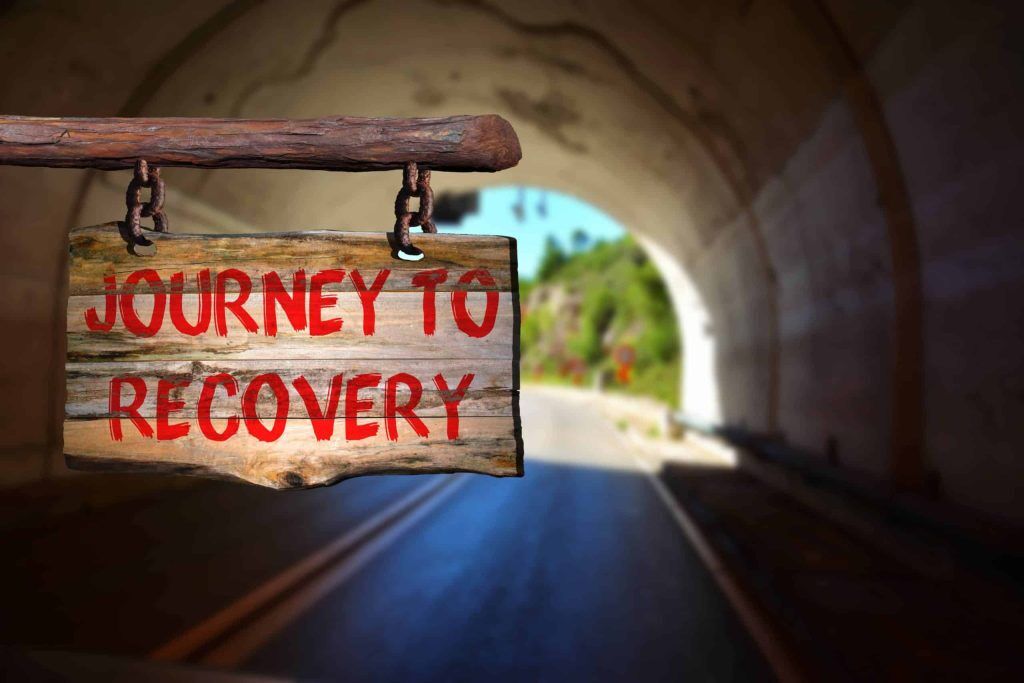Last Updated on August 27, 2025
Why Diagnoses Matter in Inpatient Rehab
When someone enters rehab, addiction is rarely the only issue. Many people also struggle with underlying mental health conditions that fuel or complicate their substance use. These are called co-occurring disorders or dual diagnoses—and they’re more common than most realize.
At leading rehab centers in Austin, like Nova Recovery Center, understanding and treating these conditions is essential to long-term recovery.
The Top 13 Diagnoses Treated in Inpatient Rehab
1. Alcohol Use Disorder (AUD)
One of the most common diagnoses, AUD affects millions of Americans. Long-term abuse leads to liver damage, cognitive decline, and psychological dependency. Inpatient rehab provides a structured environment to detox safely and begin the emotional healing process.
2. Opioid Use Disorder (OUD)
Opioid addiction—including heroin and prescription painkillers—is often life-threatening without help. Medical detox and MAT (Medication-Assisted Treatment) are critical first steps in recovery.
3. Cocaine and Stimulant Addiction
These substances cause intense highs followed by emotional crashes. Long-term use can lead to paranoia, psychosis, and severe depression. Inpatient programs offer stabilization and structured therapy.
4. Benzodiazepine Dependence
Drugs like Xanax or Ativan are often prescribed for anxiety, but long-term misuse leads to dependence. Abrupt withdrawal can be dangerous, making medically supervised detox essential.
5. Generalized Anxiety Disorder (GAD)
GAD often coexists with substance use as individuals self-medicate to calm constant worry. Rehab addresses both the root anxiety and the addiction simultaneously.
6. Major Depressive Disorder (MDD)
Depression can drive individuals to use substances as a way to cope. Inpatient rehab offers immediate safety, emotional support, and evidence-based therapies like CBT and medication management.
7. Post-Traumatic Stress Disorder (PTSD)
Often seen in veterans, abuse survivors, or trauma victims, PTSD is a major contributor to addiction. Trauma-informed care is a core part of dual diagnosis treatment in Austin rehab centers like Nova.
8. Bipolar Disorder
Mood swings between mania and depression often lead to erratic behavior and substance abuse. Inpatient rehab helps stabilize mood while treating addiction in a safe environment.
9. Schizophrenia Spectrum Disorders
Though rarer, these diagnoses require highly structured care. With the right psychiatric support and therapeutic models, individuals can achieve stability and recovery.
10. Borderline Personality Disorder (BPD)
Emotional instability, fear of abandonment, and impulsivity often go hand-in-hand with substance use. Inpatient care offers DBT (Dialectical Behavior Therapy) and long-term support.
11. Obsessive-Compulsive Disorder (OCD)
OCD can fuel compulsive substance use or develop alongside it. Treatment includes CBT, exposure therapy, and behavior modification strategies.
12. ADHD (Attention-Deficit/Hyperactivity Disorder)
Undiagnosed ADHD may lead individuals to seek stimulation or self-medicate with substances. Rehab programs incorporate focus and behavioral regulation strategies.
13. Polysubstance Use Disorder
This diagnosis means someone is dependent on more than one substance—often alcohol and a stimulant or depressant. Treatment is more complex and requires a fully integrated approach.
How Are These Diagnoses Treated?
At Nova Recovery Center, we offer a full spectrum of treatment modalities tailored to each client’s needs, including:
- Cognitive Behavioral Therapy (CBT)
- Dialectical Behavior Therapy (DBT)
- Medication-Assisted Treatment (MAT)
- EMDR for trauma
- Group and family therapy
- Holistic therapies like yoga, meditation, and exercise
Why Choose Rehab Centers in Austin?
Austin is home to a wide range of inpatient rehab centers—but few offer the combination of clinical excellence, peaceful environment, and personalized care that Nova Recovery Center provides.
Our Wimberley inpatient rehab campus, just outside Austin, is designed to help you heal physically, emotionally, and spiritually in a supportive setting.
Your diagnosis doesn’t define you—it helps us understand how to help you heal.
Whether you’re facing addiction, depression, trauma, or all of the above, you are not alone.
Rehab centers in Austin, like Nova, are here to treat the whole person—not just the symptoms. If you’re ready to reclaim your life, we’re ready to help you do it.
